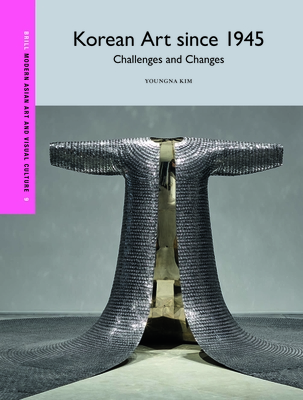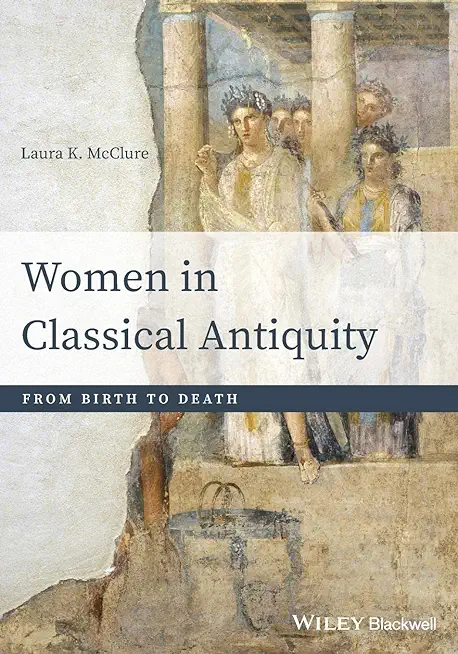
description
dually risen to become one of the global representatives of Asian culture. Korean artists have been increasingly active at an international level, with many being invited for residencies and exhibitions all over the world. Nonetheless, for various reasons, the general understanding of Korean contemporary art remains insufficient.
Although a few overviews of Korean contemporary art do exist, they typically focus on the history of art groups and movements. In addition, several anthologies have been published with articles on a range of topics, offering multiple perspectives. However, there have been few attempts to provide a unified synopsis of Korean contemporary art.
Presenting a comprehensive, engaging survey that covers the full spectrum of Korean contemporary art, Korean Art since 1945: Challenges and Changes seeks to fill this lacuna. Drawing on primary sources, it discusses the main issues, including the ideological stakes that affected the art world, modernist art vs. political art, and the fluidity of concepts such as tradition and national identity. Moreover, the book also has a chapter on the art of North Korea. Korean Art since 1945: Challenges and Changes is an invaluable tool for those intent on grasping the entire scope of modern art in Asia.
Although a few overviews of Korean contemporary art do exist, they typically focus on the history of art groups and movements. In addition, several anthologies have been published with articles on a range of topics, offering multiple perspectives. However, there have been few attempts to provide a unified synopsis of Korean contemporary art.
Presenting a comprehensive, engaging survey that covers the full spectrum of Korean contemporary art, Korean Art since 1945: Challenges and Changes seeks to fill this lacuna. Drawing on primary sources, it discusses the main issues, including the ideological stakes that affected the art world, modernist art vs. political art, and the fluidity of concepts such as tradition and national identity. Moreover, the book also has a chapter on the art of North Korea. Korean Art since 1945: Challenges and Changes is an invaluable tool for those intent on grasping the entire scope of modern art in Asia.
member goods
No member items were found under this heading.
Return Policy
All sales are final
Shipping
No special shipping considerations available.
Shipping fees determined at checkout.







